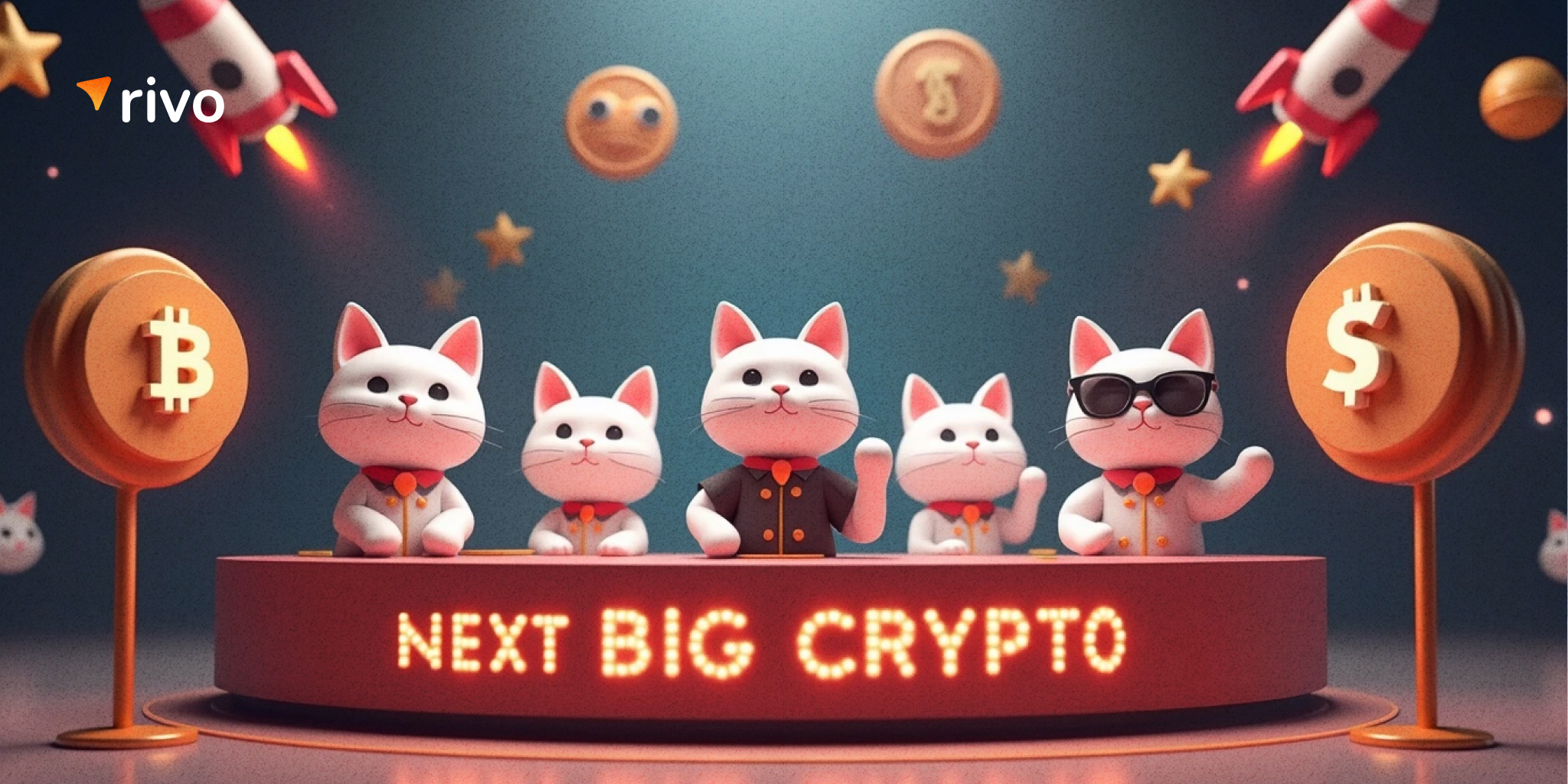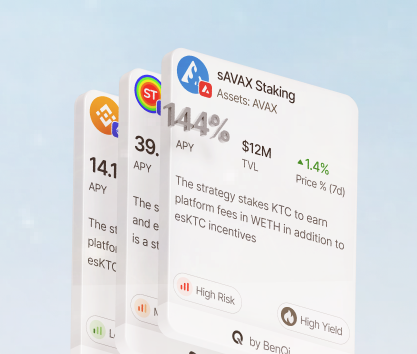In 2020, over 250 thousand Thai social media users decided to switch to Minds, a growing decentralized platform offering complete freedom of expression and providing various monetization opportunities. Throughout the last five years, several million users have decided to move from conventional social media websites to ecosystems that offer decentralization, censorship resistance, and control over user-generated content.
While many people think that contemporary decentralized platforms have appeared only recently, various decentralized social networks have existed for over a decade. One of the first distributed social networks appeared in 2009. It was called Laconica and led to the creation of Activity Hub several years later. The concept immediately attracted privacy-conscious users.
Thanks to the advancements in the world of blockchain, we are seeing a wide range of novel features and solutions making it possible for users to interact in a censorship-free environment. While content moderation challenges and security remain important problems that require immediate answers, many proponents of the freedom of expression concept still prefer fully decentralized platforms to centrally controlled and governed ecosystems like Facebook, Instagram, Google, and many others.
Let’s talk about the advantages of using decentralization in online interpersonal communications and how modern platforms change the way we manage content and data.
One of the advantages of using blockchain technology for all sorts of communications and record-keeping is that the data is immutable and easily verifiable. The core design of blockchain networks ensures that users can participate in a trustless and permissionless environment without any central body governing interactions between them. For example, the Fediverse uses a mechanism called “federation” allowing posts to be verified and added to the network without any additional operations.
Modern decentralized platforms offer several notable advantages to their users:
- User data ownership in social platforms. Centralized websites like Facebook or YouTube store information in data centers. Monetization and data management are processes handled by corporations with users having way less control over the content they generate. The data can be altered or deleted without the user’s consent. On the other hand, Mastodon, a growing decentralized network with over 12 million users, allows users to create instances (separate servers) and manage data however they like.
- Censorship-resistant communication. 79% of Americans are concerned with the way huge corporations and the government use collected data. While privacy remains a huge concern, another important issue of better targeting and manipulation is enabled through the use of collected personal information. At the same time, moderation on various platforms can suppress certain political views or promote others. Decentralized platforms like Bluesky and Diaspora allow different nodes to use different moderation policies to allow users to build censorship-free environments.
- Monetization strategies for creators can be very different on platforms like Steemit where posters receive rewards in STEEM tokens for content that generates engagement. Minds users are rewarded with ETH tokens for posts that attract discussions. Steemit alone paid out $59 million in STEEM tokens to users who performed well. While these models are still leagues behind what market leaders can offer, the idea of content creation motivated through rewards based on engagement metrics is quite enticing to many creators.
- Governance models in decentralized social networks provide a higher level of transparency and trust compared to centralized entities owned and managed by corporate structures. Bluesky is a distributed network created by the Twitter founder and former CEO Jack Dorsey. The platform is designed to make sure that users and developers participate in governance and abide by its rules. Transparency and democratization are important priorities for contemporary social media platforms according to over 72% of users who want better and clearer moderation systems.
- Open-source development in social media is another reason why distribution and decentralization should be prioritized. Many tech giants like Meta and Alphabet are increasingly secretive about their data handling and content-serving algorithms. YouTube is infamous for its algorithmic manipulation. In 2023, researchers conducted a survey among active social media users and learned that 63% of them feel manipulated by algorithms to view certain types of content. By allowing the community to participate in the development process, a decentralized platform ensures that users feel confident in the quality of content and interactions.
Peer-to-peer social networking
The projected CAGR for the decentralized social media industry is 27.2% according to experts with the value of the whole sector estimated at roughly $10.4 billion in 2022. The growth is undeniable. For instance, Minds had over 2.5 million and 300 thousand monthly active users. These numbers are quite impressive for something that does not have a massive marketing campaign. The Fediverse is also expanding at a fast pace. The number of accounts in 2024 is over 12.1 million with over 7.6 million using Mastodon as their main destination.
The idea of working within tight communities that do not have any central oversight seems quite appealing to a wide range of demographics. The shift to such platforms can be a good thing for the whole blockchain industry and the DeFi sector in general.
Network effects in decentralized systems
The network effect is a phenomenon where the value of a system increases with the number of participants. Many contemporary DeFi protocols benefit from growing the user base. For example, many DEXes (decentralized exchanges) need liquidity to operate normally and they acquire it from investors who are also active platform users. It is necessary to expand the audience to ensure consistent growth.
This effect can be enhanced through the use of decentralized social networks attracting libertarians, moderates, conservatives, and other people with political leanings aligned with the philosophy of blockchain. Many DeFi protocols are focusing on moving their social interactions to platforms like Minds alongside traditional centralized social media platforms.
Tokenized social engagement
The union between the world of decentralized finance and distributed social media seems to be organic. With Minds paying their most active contributors in ETH tokens and moving over 25% of operational capital to cryptocurrencies, it looks like the founders of distributed social networks feel that their ideology and technology align nicely with the crypto community.
NFTs are also quite useful. Non-fungible tokens can be used for all sorts of purposes in the world of distributed social interactions. For instance, many platforms are toying with the idea of identity verification on decentralized platforms using NFTs. The technology can be used for this particular purpose quite well.
On the other hand, many protocols in the DeFi sector are focused on building identification platforms that could be used across the whole Web 3.0 ecosystem. Tokenization can be used in all sorts of scenarios allowing users to do whatever they want with the data they generate or even with various virtual identities.
Lastly, P2P networks are growing in popularity and size making it important to keep interoperability high. While instances within the Fediverse may be restricted in terms of interacting with each other, users can hop from one instance to another quite easily. Within the blockchain industry, many platforms are struggling to find a good way of connecting to each other and have to rely on so-called Bridges which are protocols designed to transfer data from one chain to another. These often use Oracles which are centralized entities that settle transactions outside of blockchains.
It is true that interoperability is a contentious issue for the whole Web 3.0 ecosystem. However, user data portability is not as challenging in the world of social media as in the world of DeFi. Many experts also point out that media content does not have to be accessible only through direct P2P interactions meaning that the industry must search for a compromise between decentralization and centralization when it comes to data handling.
Scalability is also a huge bottleneck that leads to lower rates of adoption and less interest in increasing interoperability in general. Solving many issues related to slow federation of posts, DDoS attacks, and other issues plaguing modern distributed social networks is critical for the long-term growth of the sector.
Distributed social media networks can be an excellent solution to the growing influence of centralized corporations that often have full control over online discourse while taking over data handling. Many contemporary users are disillusioned with what Meta and Google have to offer. All major social media platforms seem to have certain political biases and push some sort of agenda.
We strongly believe that there is merit in protecting the freedom of expression. Distributed social media used by millions can be a solid answer to the increasing influence of corporations and governments on the general online discourse. With many nations facing difficult challenges while building a healthy environment for political and social discussions, it is necessary to have a variety of alternative platforms.
Societies and individual users are seemingly more interested in decentralized social media than ever before. The only issue is that Mastodon, FediDB, Minds, and other platforms are often trying to replace existing social media giants instead of becoming a unique place where users can have healthy conversations. With limited marketing budgets and less polished UX/UI features, fighting against the establishment is close to impossible.
Hopefully, we will see improvements in many aspects of distributed social media and more interoperability within the sector as well as integrations with various DeFi protocols. The only way for decentralization to be a thing is to create a flexible ecosystem that has everything users need to feel fulfilled. At the same time, there must be a place for businesses and organizations to build communities that can be found easily.
The main takeaway: the elusive Web3 social interaction model
Unfortunately, the blockchain industry is still far from delivering an excellent experience to users who are interested in decentralized social networks. While Steemit managed to spark some interest, monthly posts and authors have been growing very slowly. The number of Mastodon registered users is growing but the level of activity is declining. On the other hand, the growth of the adjacent DeFi sector might be the saving grace the distributed social media ecosystem needs to evolve into something bigger.









